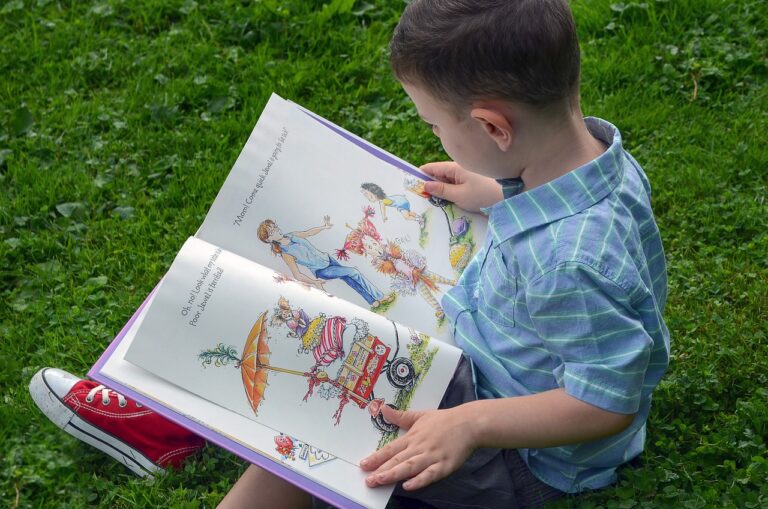Socioemotional Learning in Elementary Schools: Building Emotional Intelligence
Socioemotional learning in elementary schools plays a crucial role in shaping students’ overall development. By focusing not only on academic success but also on emotional intelligence, schools can help children navigate relationships, manage their emotions, and make responsible decisions. These skills are essential for fostering a positive school environment and preparing students for success in both school and life.
When students engage in socioemotional learning activities, they learn to cultivate empathy, communicate effectively, and work collaboratively with their peers. These skills are not only valuable in the classroom but also in various aspects of their future personal and professional lives. Moreover, promoting socioemotional learning in elementary schools can contribute to a more inclusive and compassionate society by teaching young students how to respect and understand others’ perspectives.
Developing Self-Awareness and Self-Management Skills in Young Students
Self-awareness and self-management are crucial skills that young students need to develop in order to navigate the challenges they encounter in school and in their daily lives. By gaining an understanding of their own thoughts, feelings, and behaviors, children can learn to regulate their emotions and make responsible decisions. Through self-awareness, students can also recognize their strengths and areas for growth, which can empower them to set goals and work towards self-improvement.
Furthermore, self-management skills equip young learners with the ability to control impulses, set priorities, and persevere in the face of obstacles. Teaching students strategies such as mindful breathing, positive self-talk, and time management techniques can help them develop the self-discipline needed to stay focused on their tasks and goals. By fostering self-awareness and self-management skills in elementary school, educators can lay a strong foundation for students to become confident, resilient individuals who are better equipped to handle the complexities of life.
• Self-awareness and self-management are crucial skills for young students
• Understanding thoughts, feelings, and behaviors helps children regulate emotions and make responsible decisions
• Recognizing strengths and areas for growth empowers students to set goals and work towards self-improvement
• Self-management skills help control impulses, set priorities, and persevere in the face of obstacles
• Teaching strategies like mindful breathing, positive self-talk, and time management can develop self-discipline
• Fostering these skills in elementary school lays a foundation for confident, resilient individuals
Building Empathy and Social Skills through Socioemotional Learning
Socioemotional learning plays a crucial role in fostering empathy and social skills in young students. By integrating activities and lessons that focus on understanding and sharing the feelings of others, educators can help children develop a greater sense of empathy towards their peers. This not only enhances their ability to build meaningful relationships but also cultivates a kinder and more compassionate school environment.
Moreover, through socioemotional learning, students learn essential social skills that are vital for their personal and academic growth. By teaching children how to communicate effectively, resolve conflicts peacefully, and collaborate with others, educators equip them with the necessary tools to navigate social interactions both in and out of the classroom. These skills not only contribute to a positive learning environment but also prepare students to become empathetic and socially competent individuals in the future.
What is socioemotional learning?
Socioemotional learning is the process of developing self-awareness, self-management, empathy, and social skills in individuals.
Why is socioemotional learning important in elementary schools?
Socioemotional learning helps young students develop crucial skills that will benefit them both academically and personally throughout their lives.
How can self-awareness and self-management skills be developed in young students?
Self-awareness and self-management skills can be developed through activities such as mindfulness exercises, journaling, and reflective discussions.
How does socioemotional learning help in building empathy?
Socioemotional learning helps students understand and relate to the emotions and experiences of others, leading to the development of empathy.
What are some strategies for building social skills through socioemotional learning?
Strategies for building social skills through socioemotional learning include role-playing, group discussions, and cooperative activities that require teamwork and communication.







